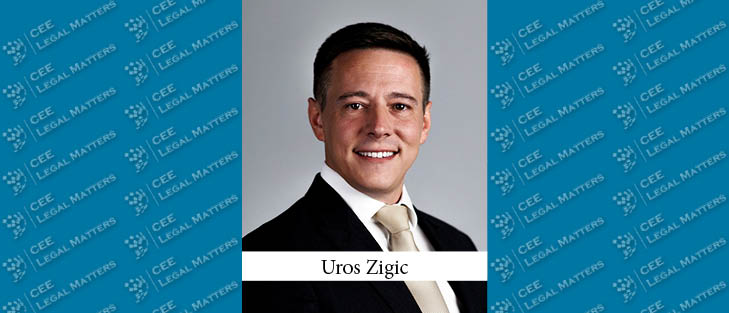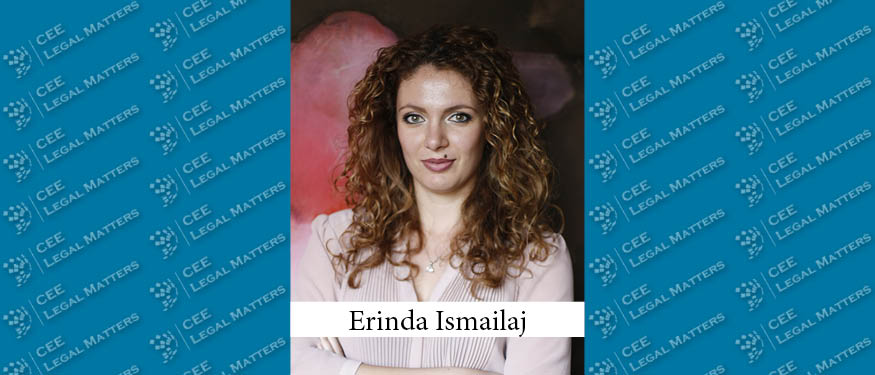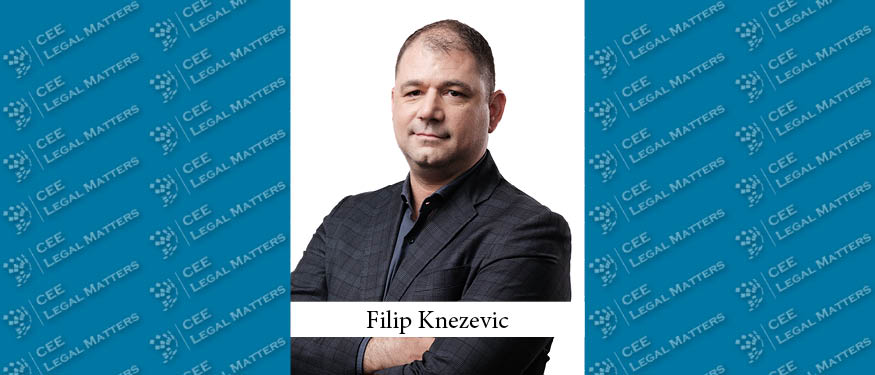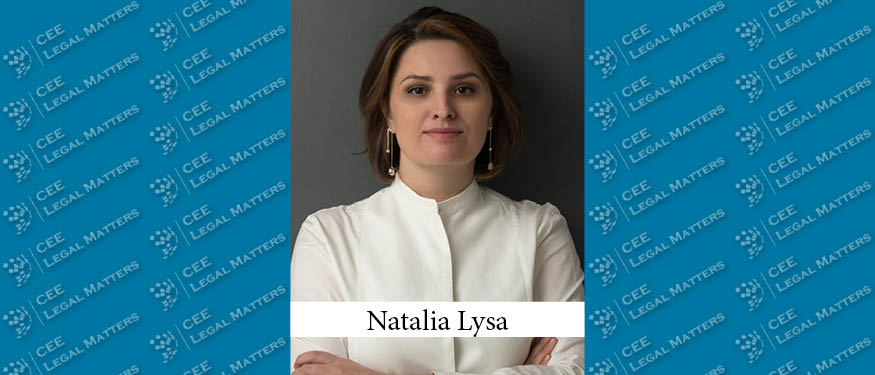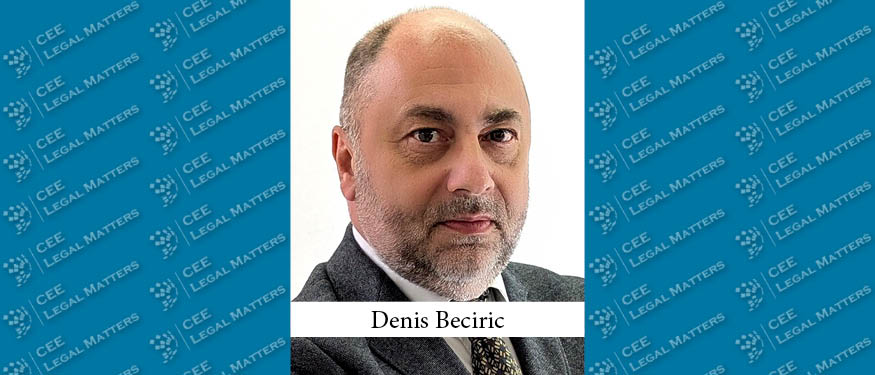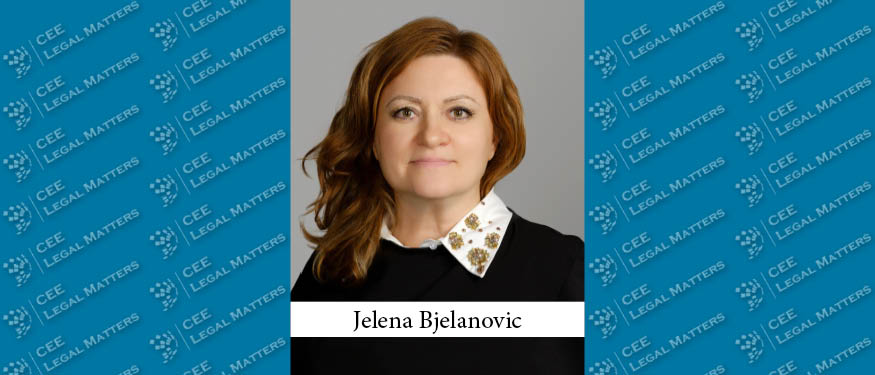Excitement was high when, just over three years ago, the Law on Digital Assets came into effect, positioning Serbia as a pioneer among countries recognizing the development opportunities of advanced technologies that lacked a regulatory framework to reach their full potential. This was followed by a protracted period of enacting secondary legislation, alongside global macroeconomic turbulence, which inevitably impacted the development of industries and markets, especially those that are “young” and insufficiently mature. Despite the enthusiasm and efforts of the local Web3 community and advocates for using digital assets as a tool to boost the national economy, these hurdles appear to have significantly slowed the anticipated growth.
However, with the onset of a new bull market globally, characterized by rising crypto asset prices, increased media attention, and capital influx into the industry, it is time to critically and objectively analyze whether the stagnation of market development should solely be blamed on the macroeconomic situation or if there are other factors within our control.
Analyzing the current regulatory framework while avoiding a detailed discussion of detected deficiencies and inadequacies in certain legal solutions, it seems that the quality of regulation is not the main roadblock to development – although it does not sufficiently stimulate it either. In defense of the legislators, it must be noted that significant efforts were made to integrate and identify the specific characteristics of digital assets within existing legal standards already established by legal tradition. Nevertheless, given the presence of hybrid elements and distinct specificities concerning the nature of digital assets, it was challenging to be creative while maintaining a certain level of conservatism aimed at preserving market stability.
In some areas, the legislature successfully balanced these challenges, but this cannot be said for the entire legal framework governing this field. Perhaps, the seeds of difficulties in business practice lie in the fact that the law explicitly excludes liability of the state and competent authorities for any damage a market participant might suffer regarding digital asset transactions. Such disclaimers of liability via legislation, beyond being highly unusual, create a poor market environment, especially when companies need to embrace new technologies and market potentials. This leaves private and public actors with the impression of murky business dealings and potentially harmful projects.
Conversely, this waiver did not reassure the National Bank of Serbia, SEC, and commercial banks. Rather, it had the opposite effect, leading them to view it as a gray area of activity they should avoid interacting with, or that they should protect themselves with strict formalism, regardless of how such an approach undermines this progressive technology and dynamic market. Businesses that have dared to leverage the opportunities and tools offered by the law often face uncertainties due to insufficiently developed practices, subsequently creating uncertainty – one of the greatest adversaries to any market or industry. The second adversary is the fear caused by a lack of understanding of this subject, both from the private and public sectors. All these factors collectively affect market activity and development.
On the other hand, one must recognize the positive developments occurring in the market, of which a few are noteworthy. The National Bank of Serbia has granted licenses to two local exchanges fully authorized to provide digital asset-related services under strictly controlled regulatory conditions. The SEC has approved the publication of five white papers for companies financing their operations through digital token issuance, making them pioneers in the market. The Committee of Experts on the Evaluation of Anti-Money Laundering Measures and the Financing of Terrorism at the Council of Europe recently reported that Serbia is largely compliant with FATF Recommendation 15 regarding digital assets.
Optimism is further fueled by the recent establishment of the Digital Asset Council within the Serbian Chamber of Commerce, modeled after similar bodies in Switzerland and the UAE. This Council consists of representatives from the government, local administration, as well as the business and academic communities involved with the digital asset market. Its focus spans three main areas: education, development, and the promotion of digital assets and the opportunities this market potentially offers. Adequate education appears to be crucial for future development, to alleviate the private sector’s fears on one side and to reduce the excessive formalism in the public sector on the other. I expect that the engagement and experience of this Council will be beneficial to legislators during the next round of regulatory revisions, hopefully in the near future.
By Uros Zigic, Partner, MMD Advokati
This article was originally published in Issue 11.10 of the CEE Legal Matters Magazine. If you would like to receive a hard copy of the magazine, you can subscribe here.

